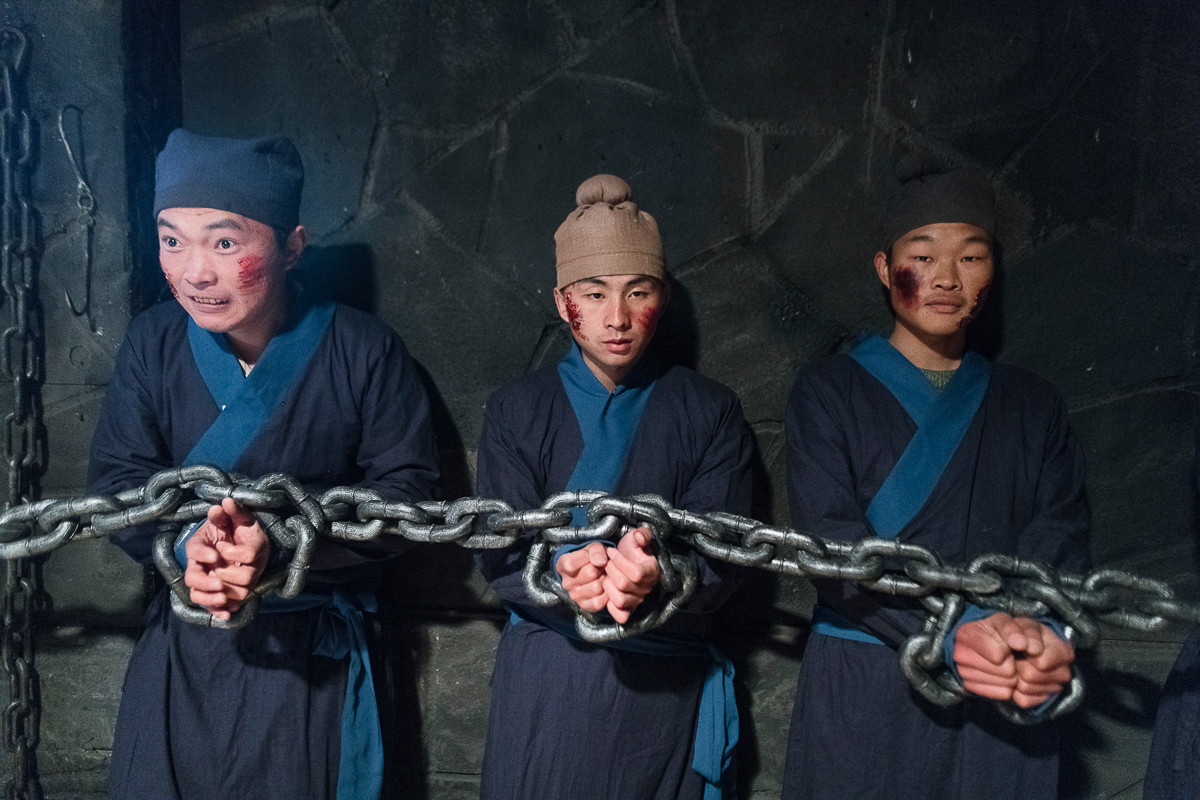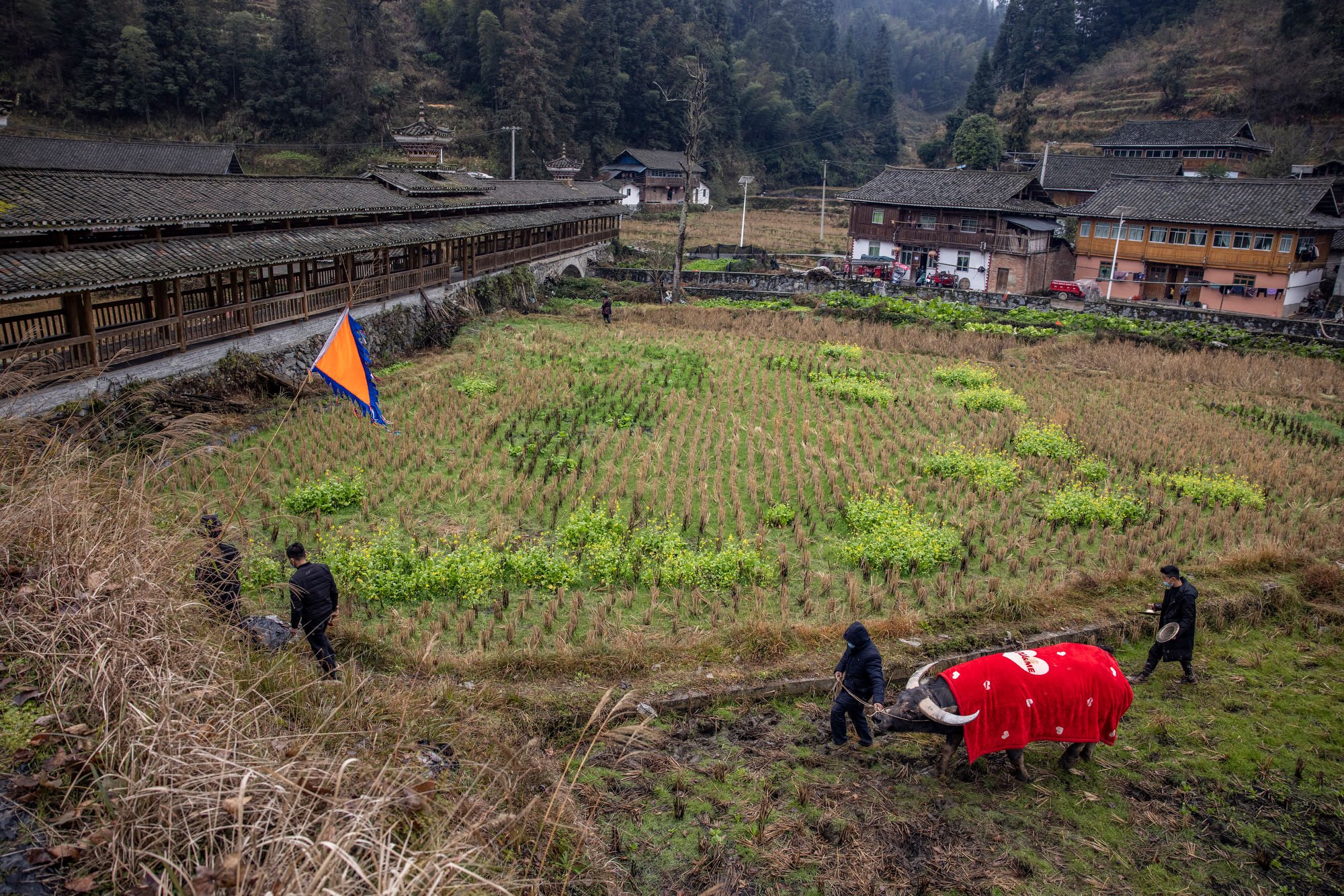
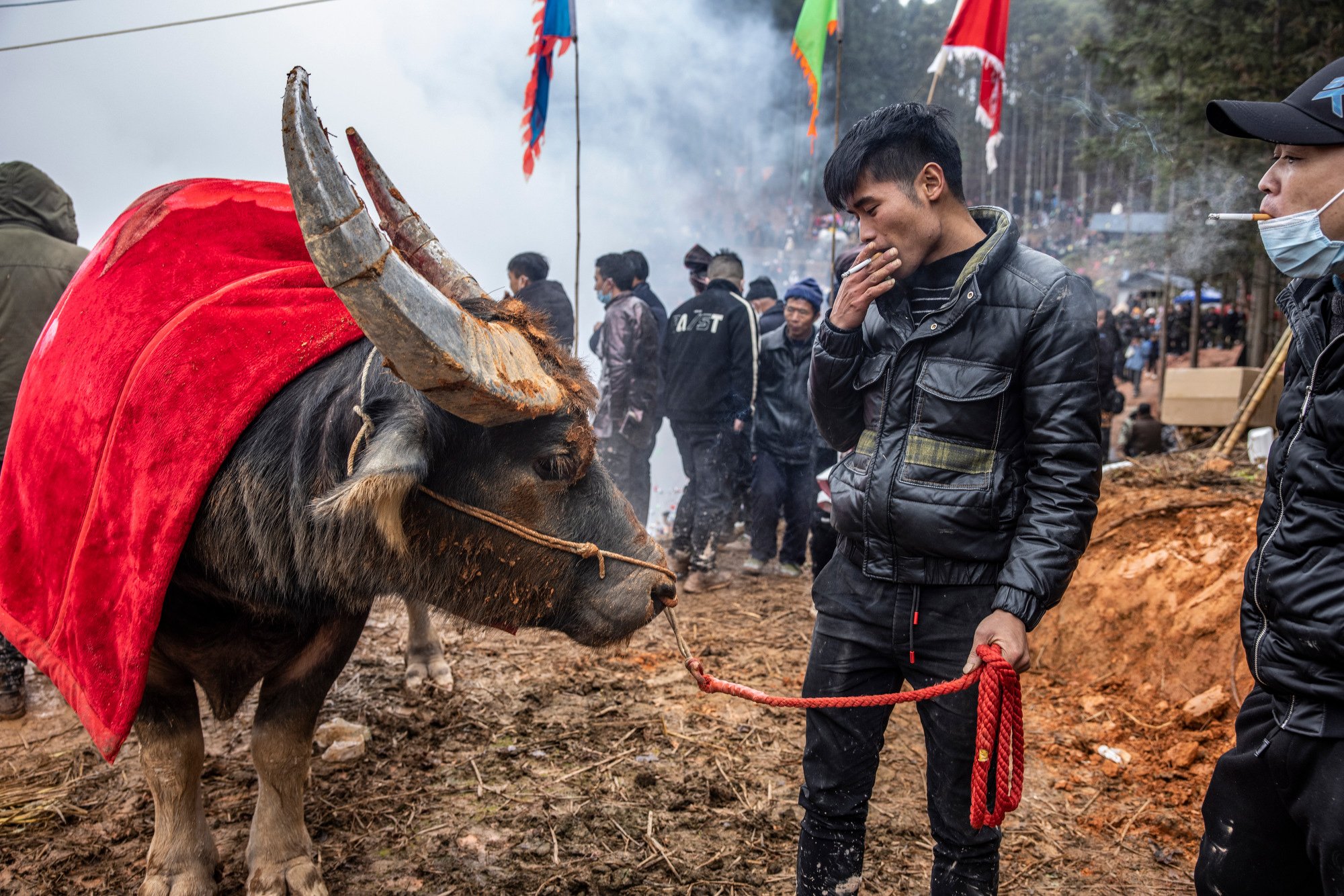
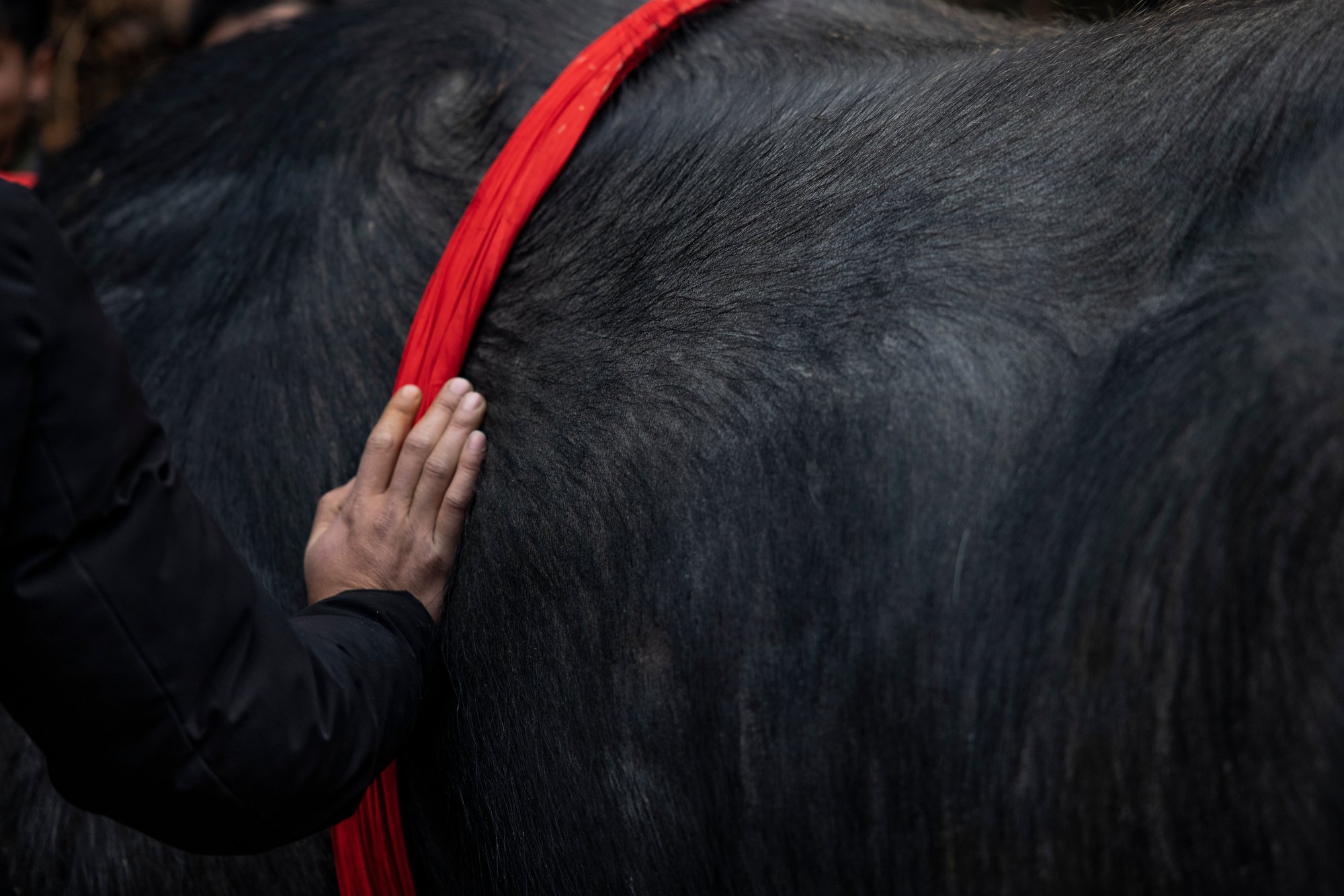
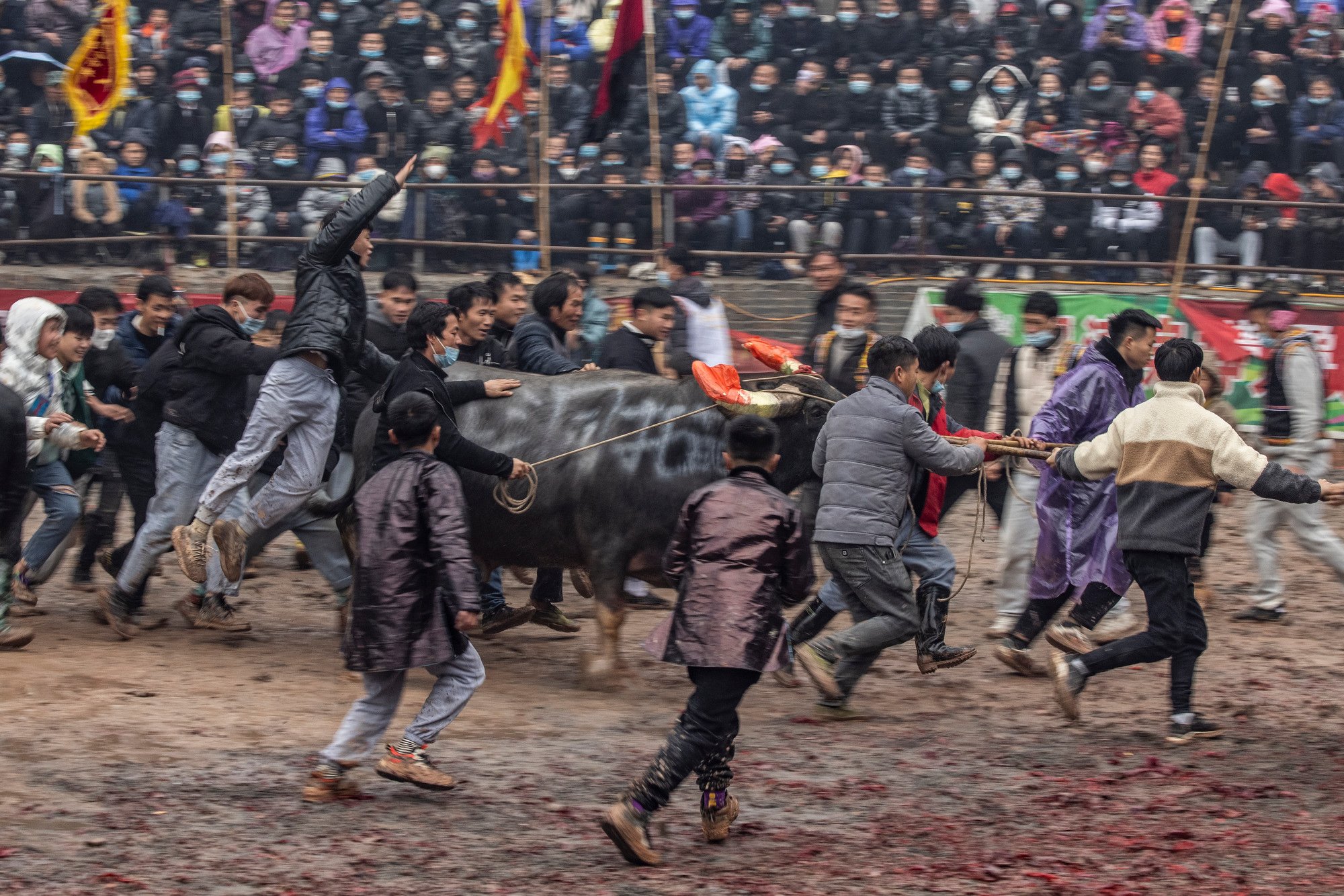
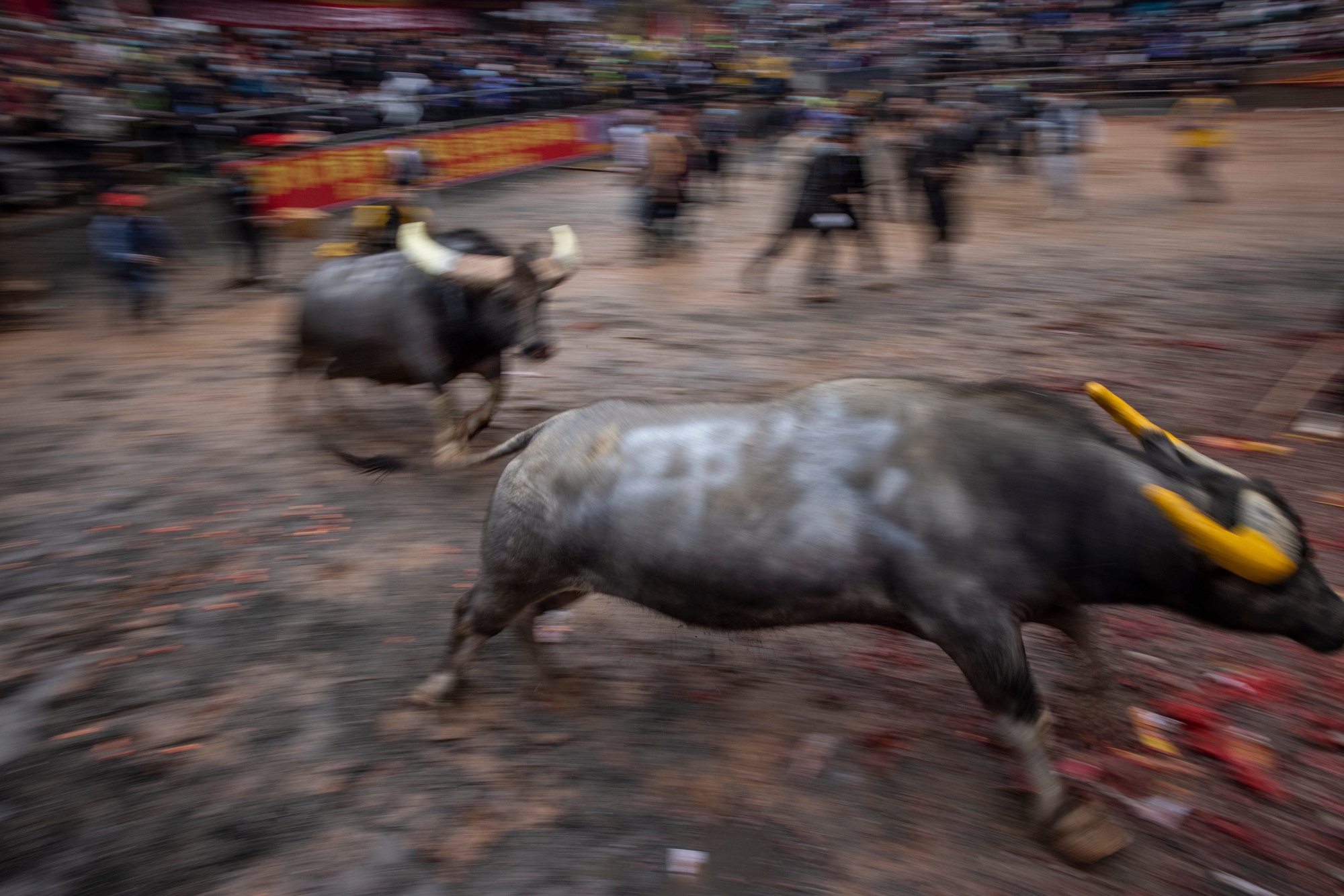
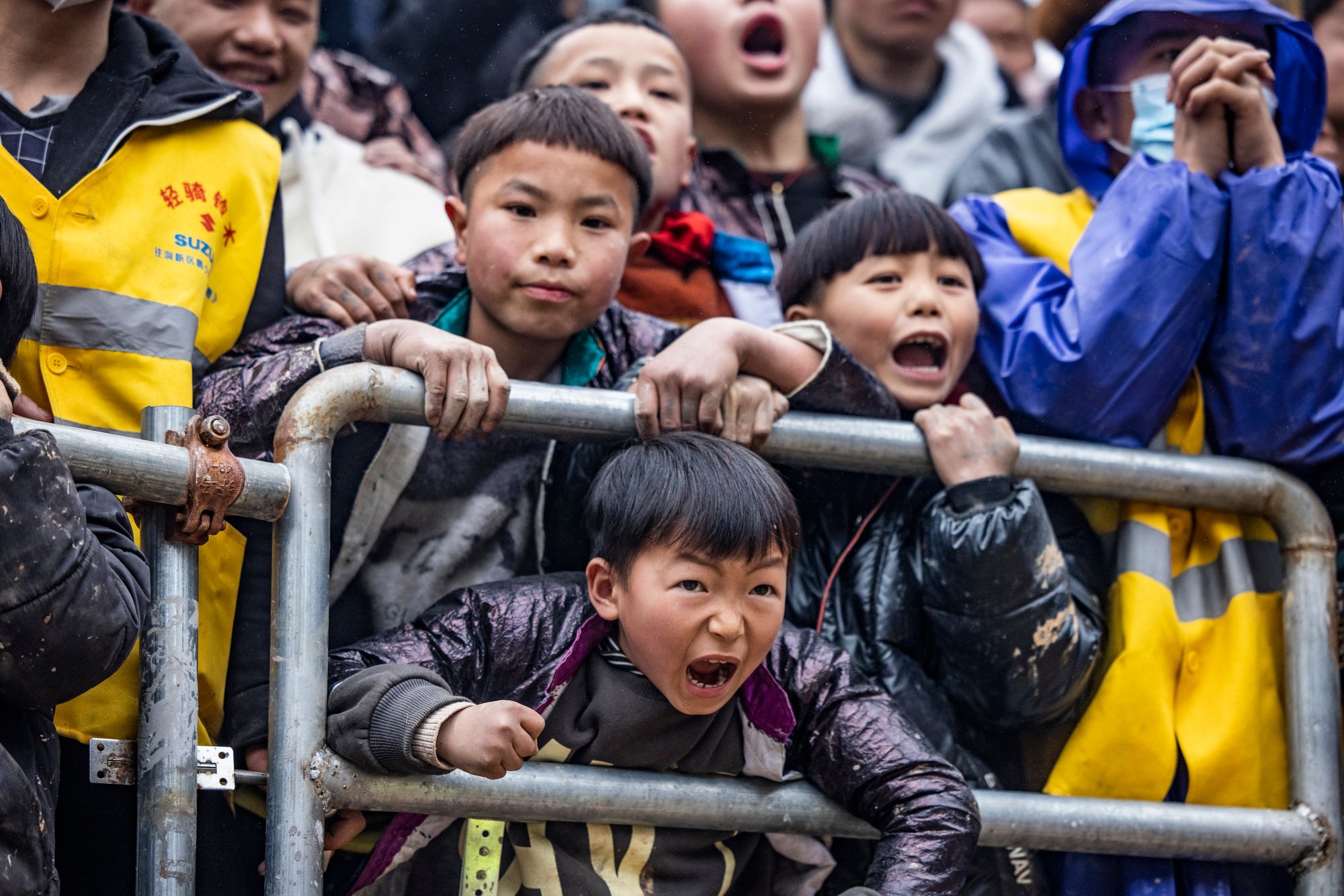

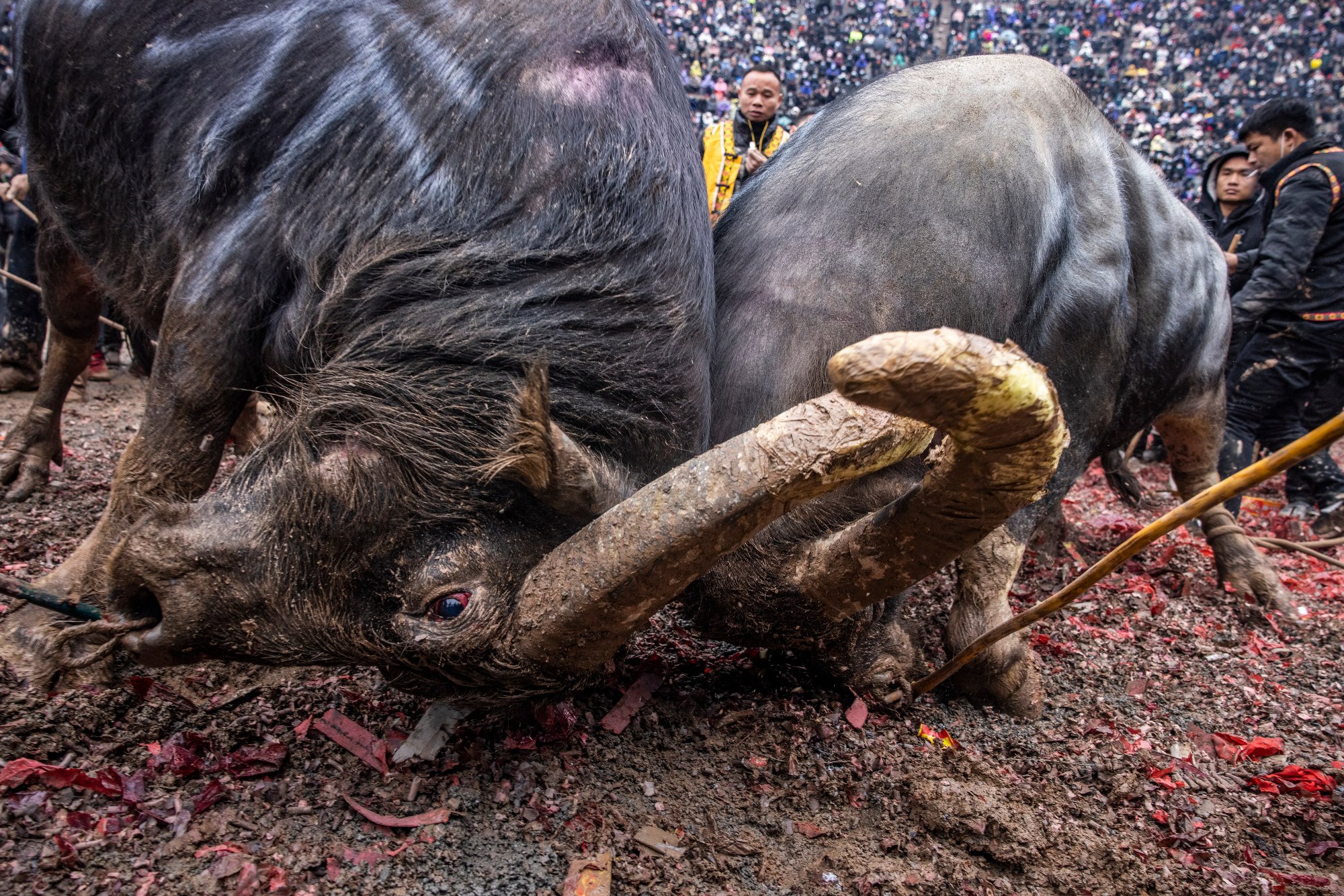
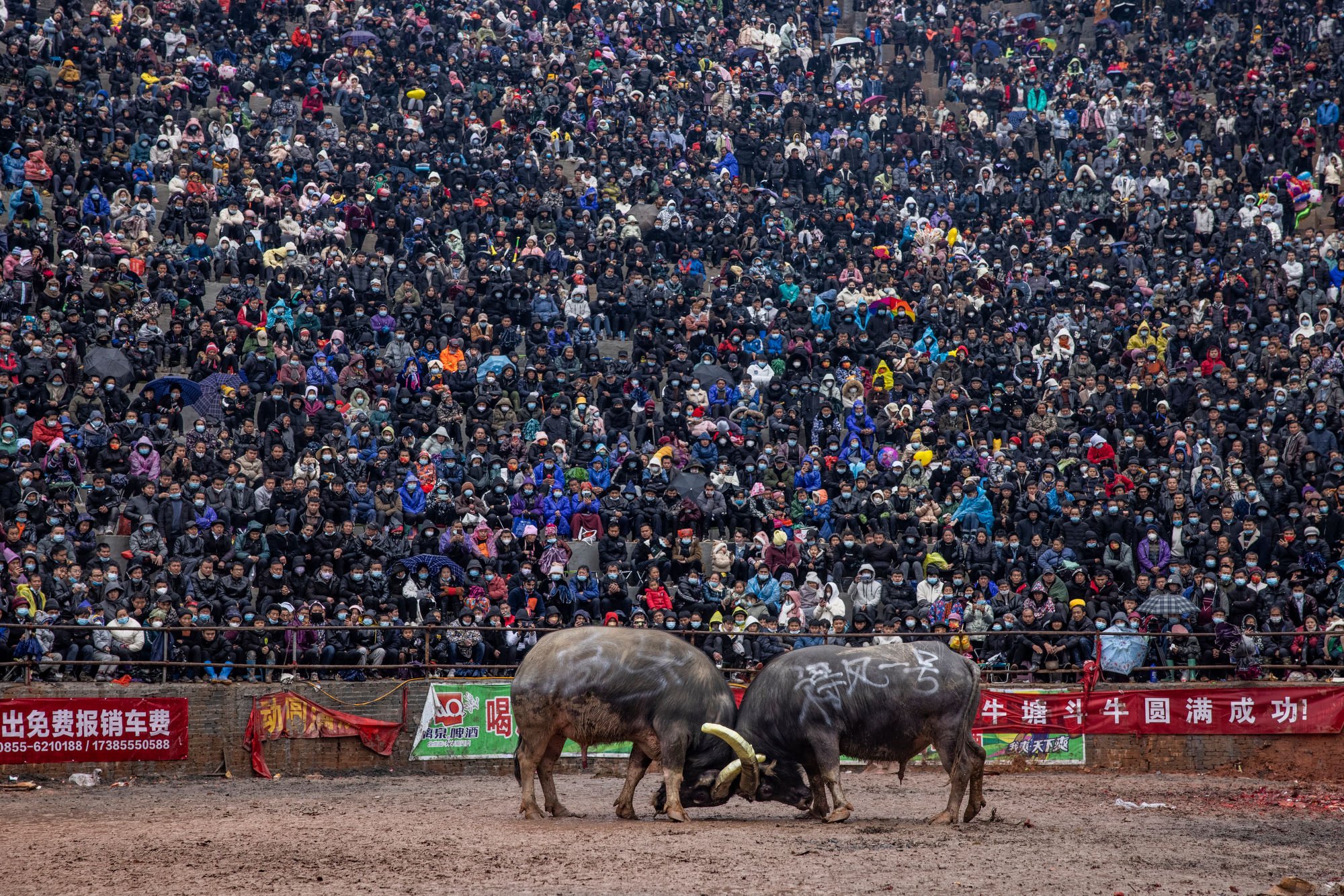
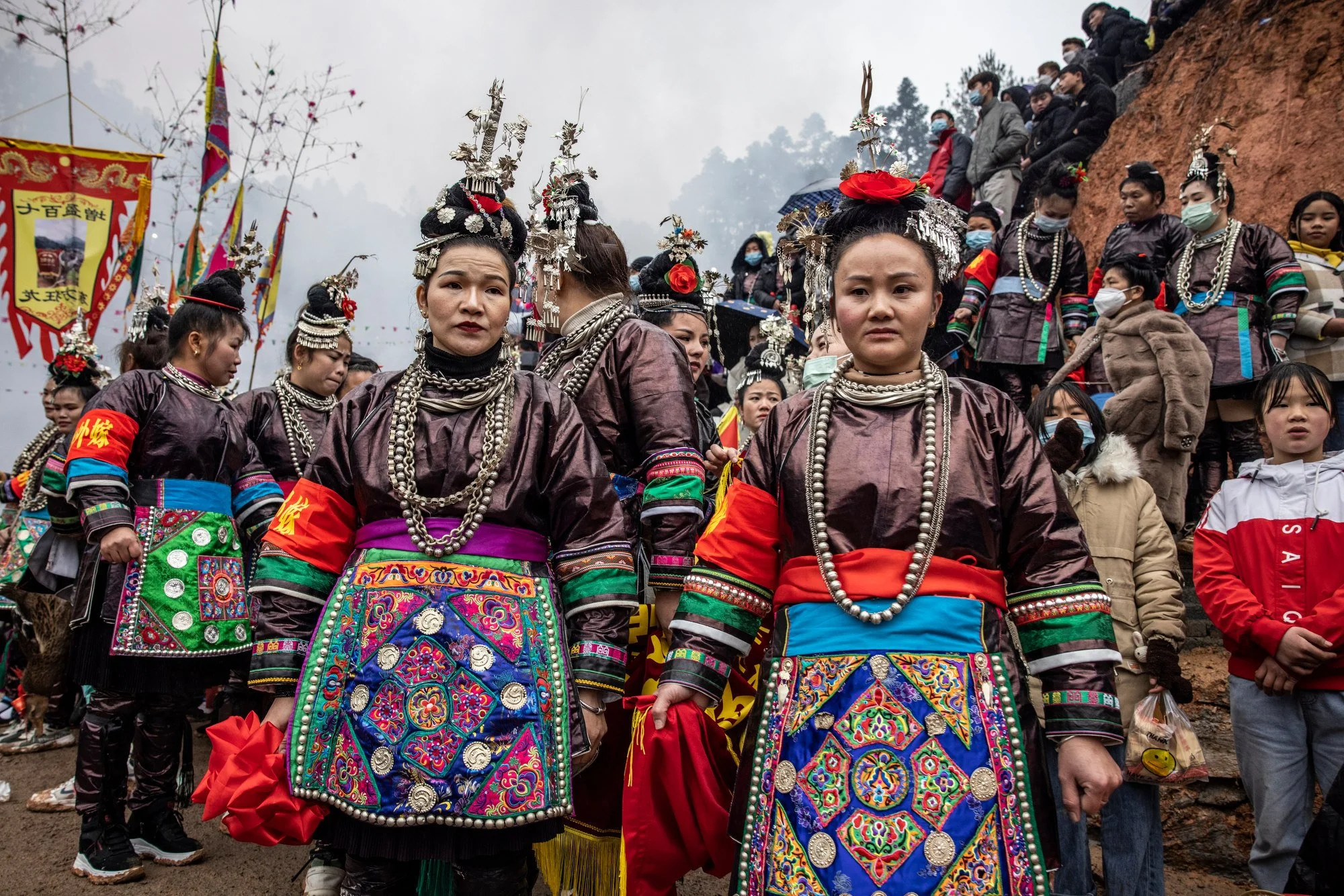
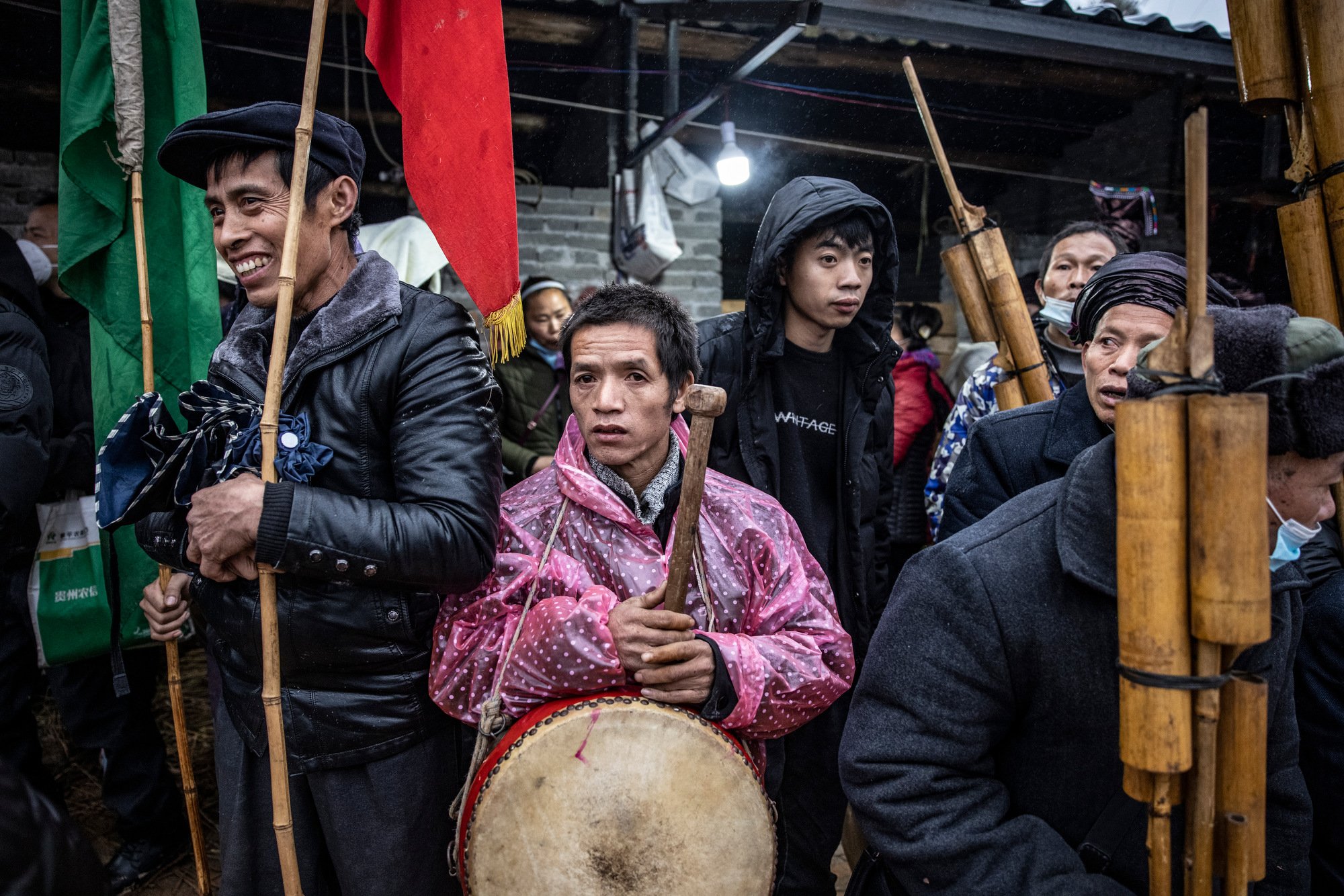
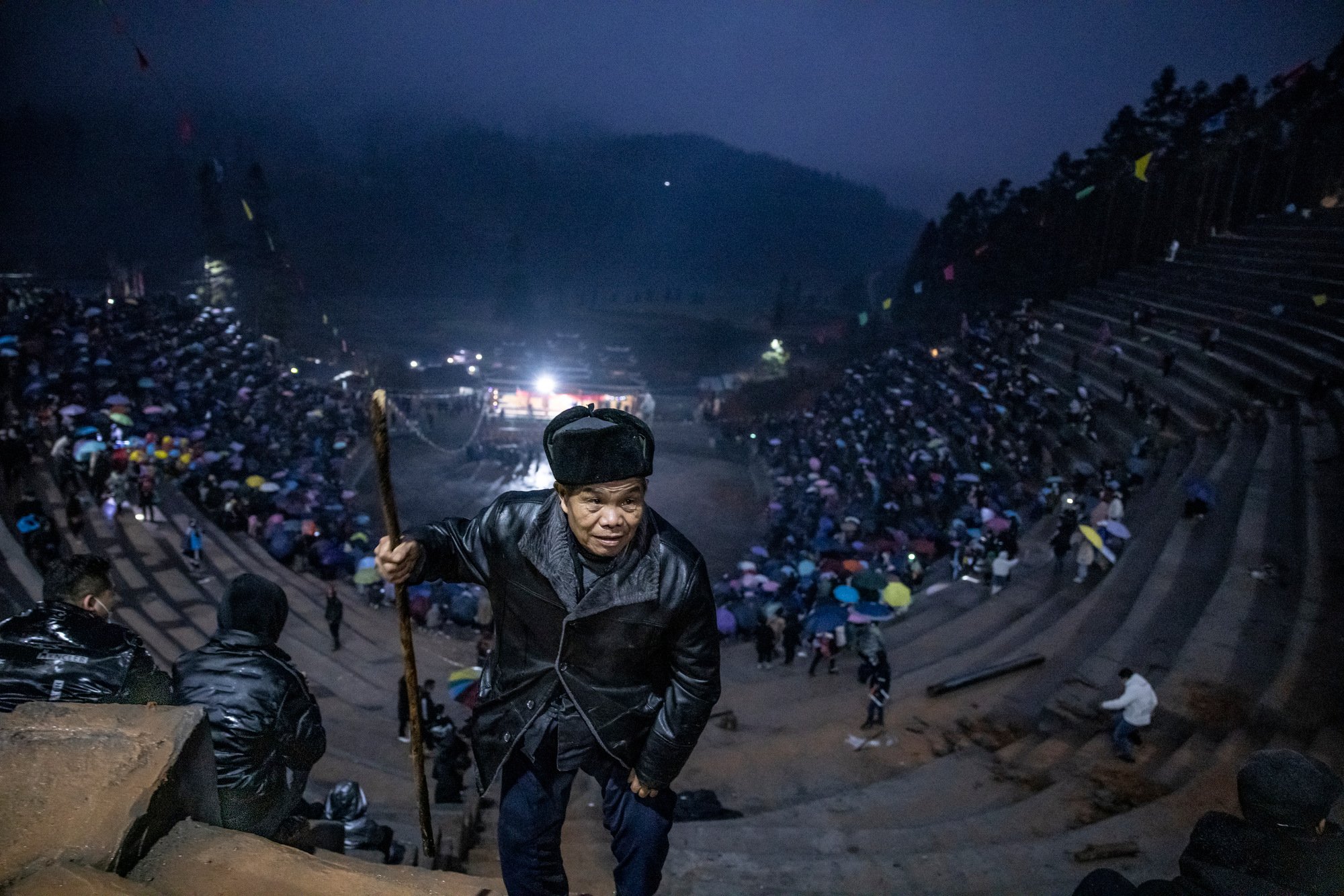
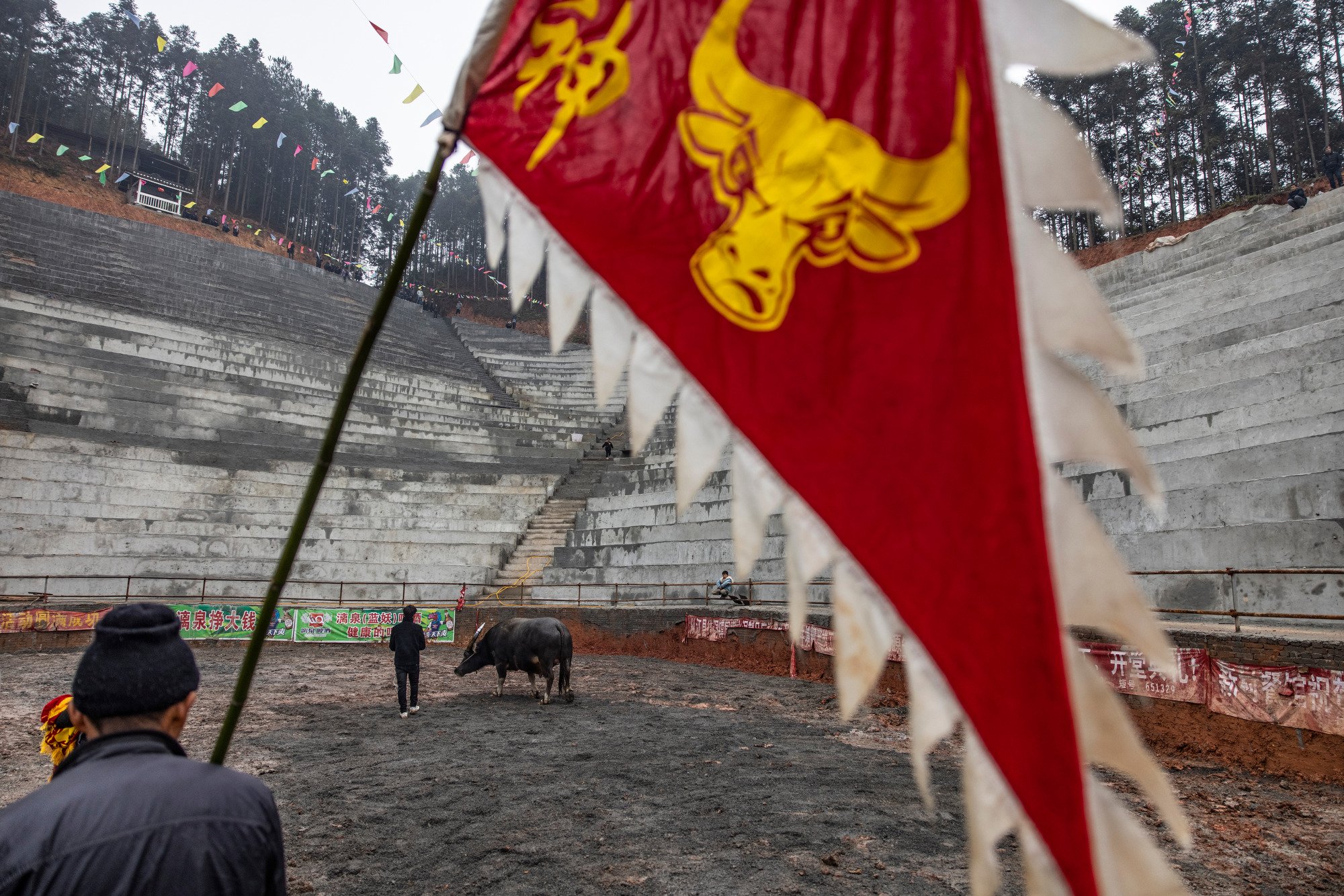
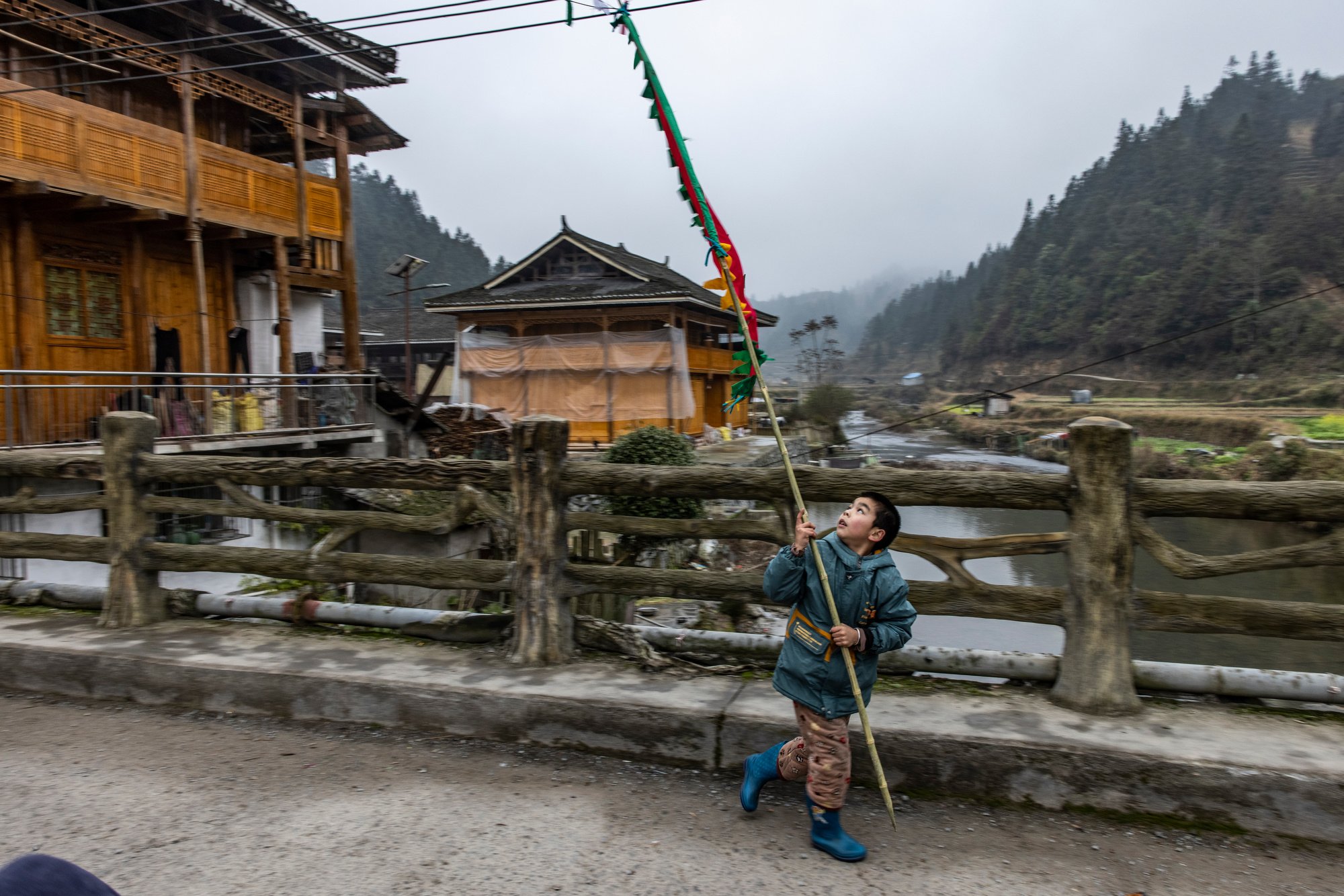
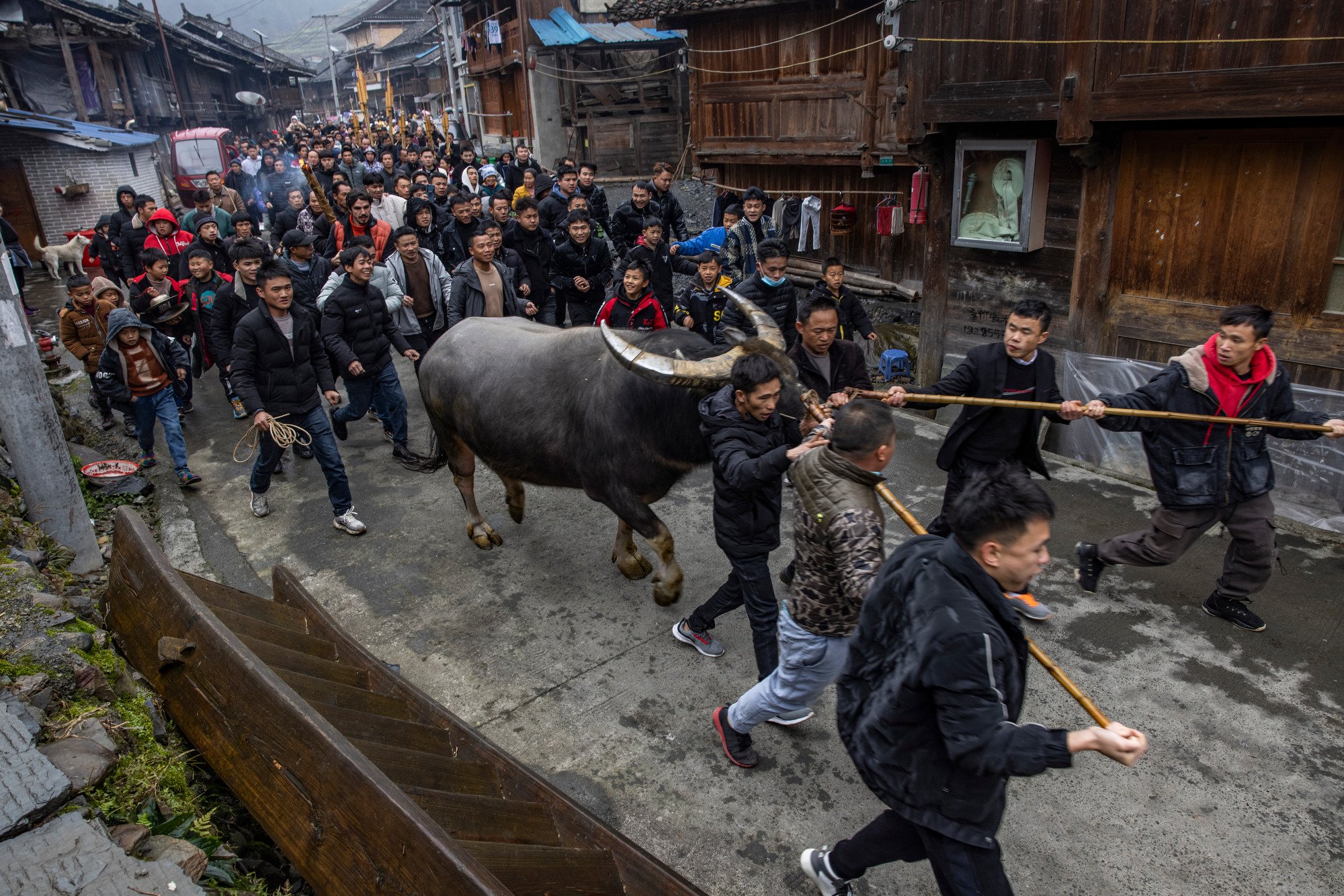
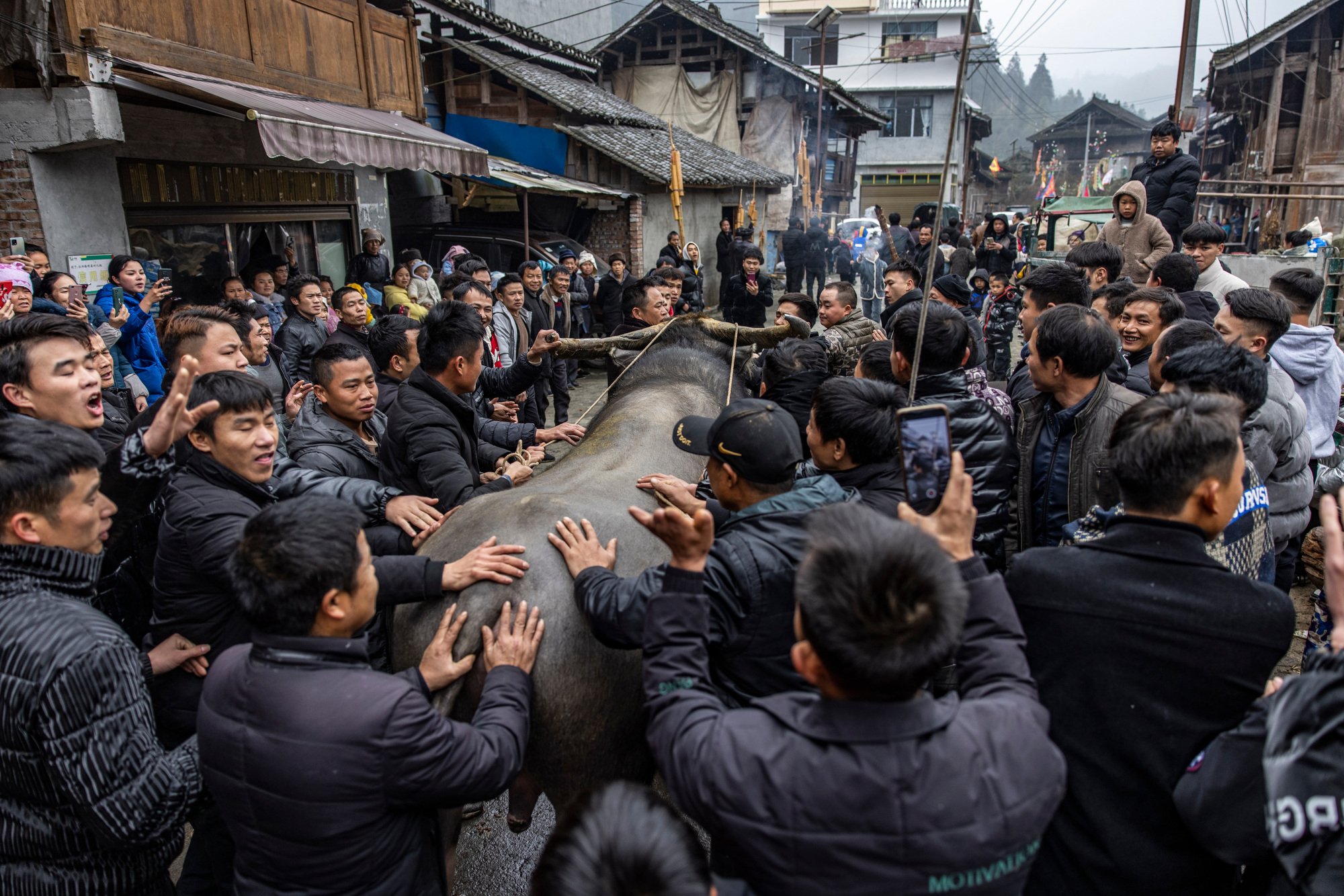
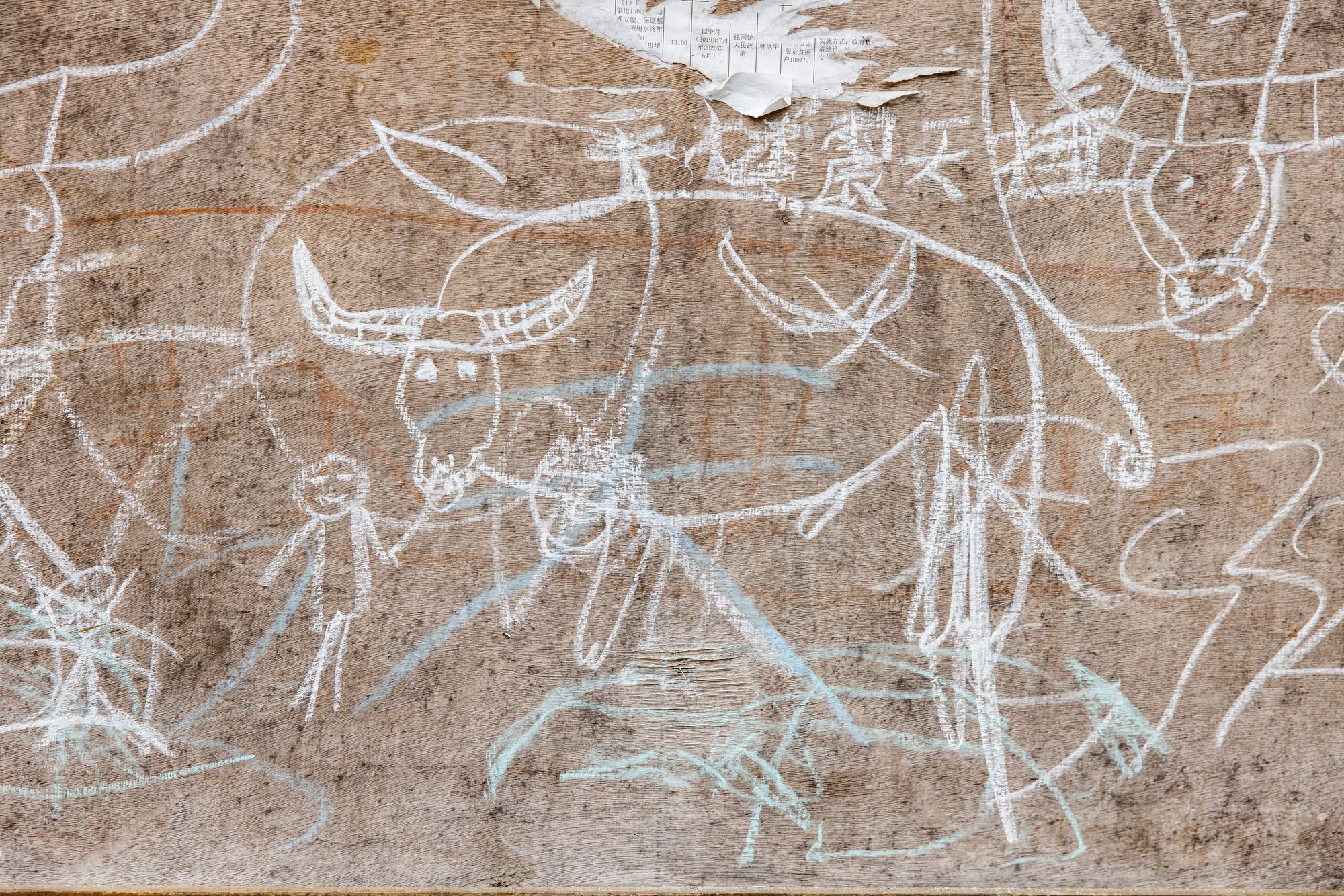
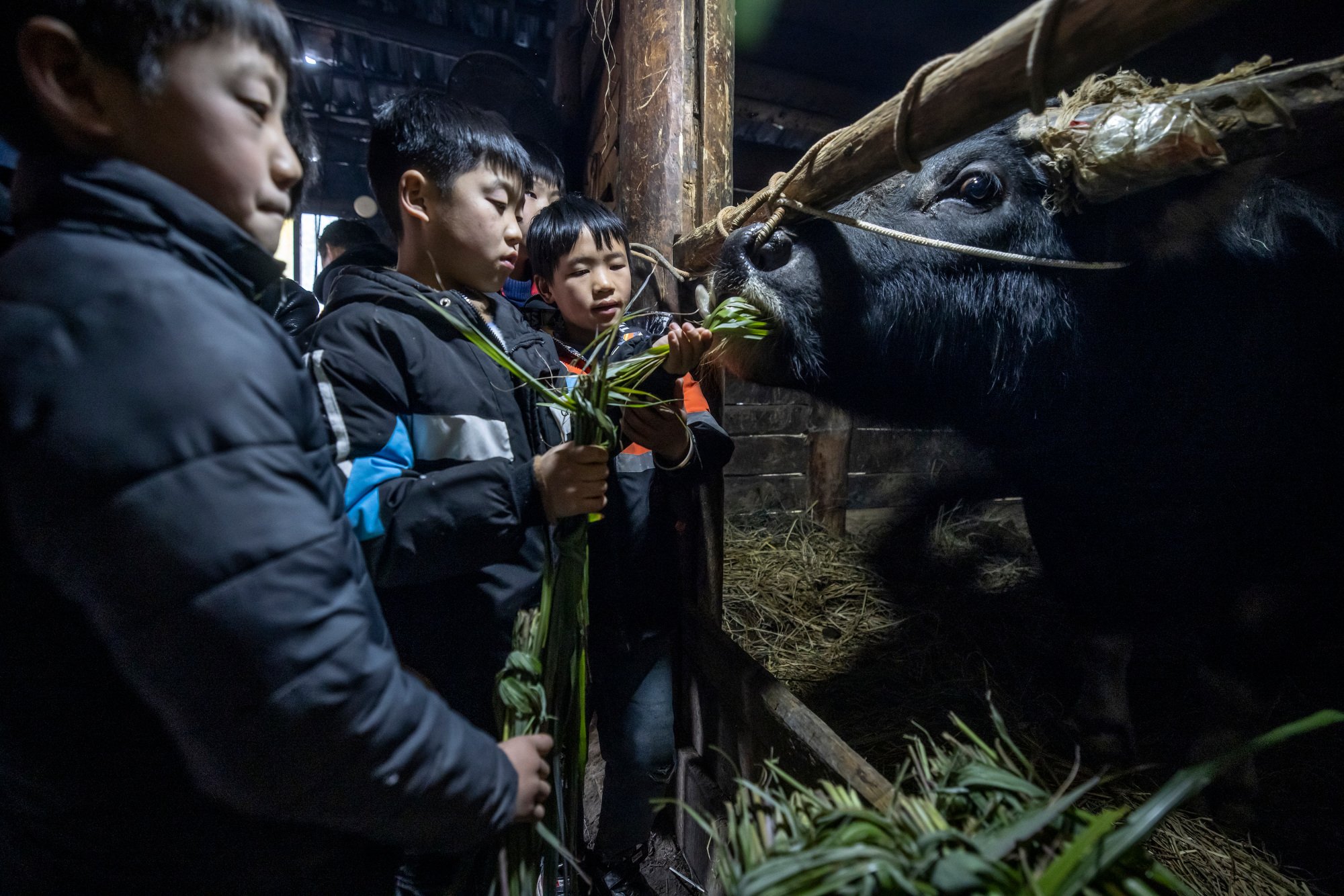
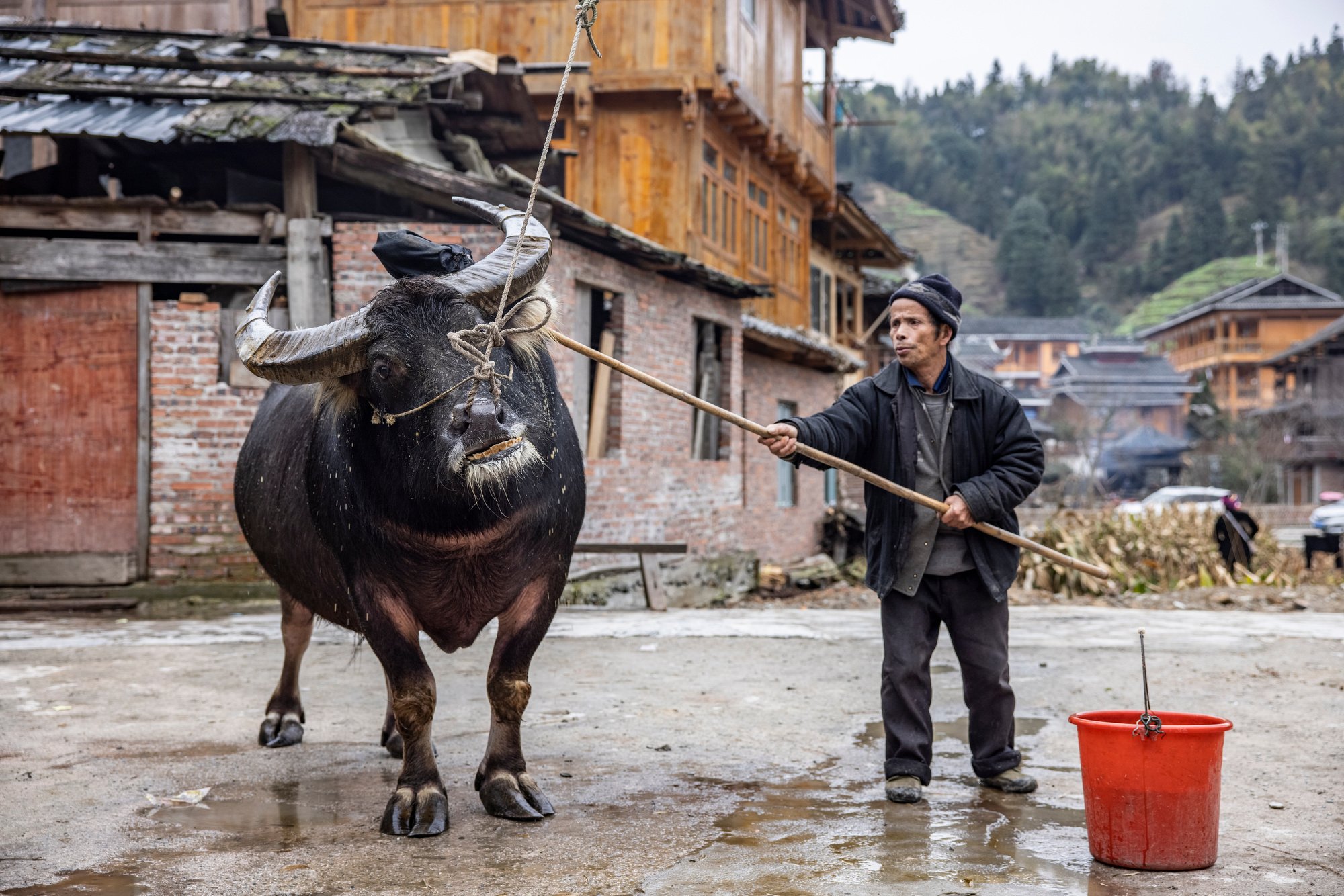

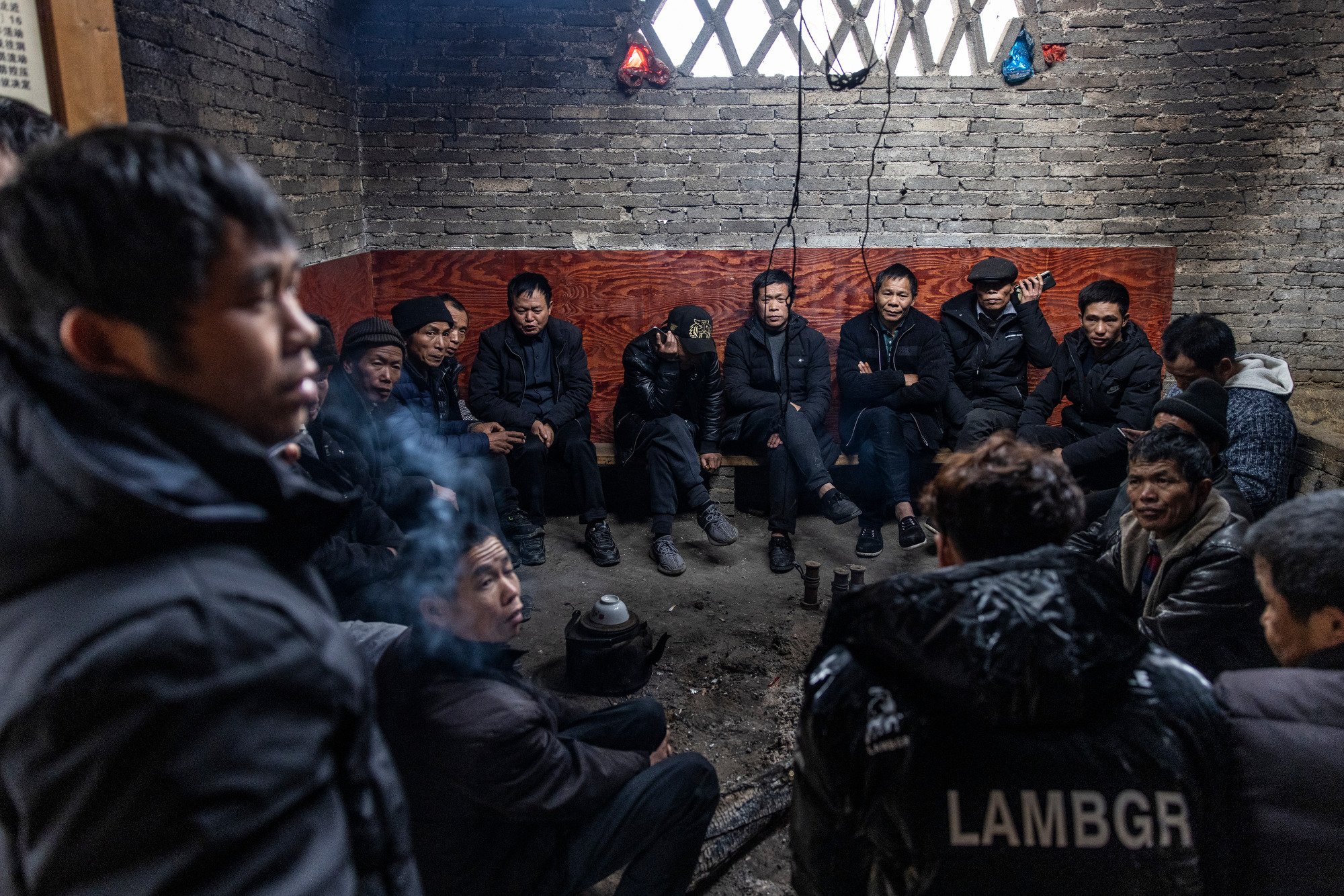
THE CULT OF KING BULL
The Dong minority in Guizhou province, southwest China believe the bull was sent from heaven to help toil the fields. The animal is a symbol of strength and hard work. Later the bull became a mediator. When conflicts would arise between different villages, rather than fighting amongst themselves, the Dong people would pit the village bulls against each other. Nowadays, bullfighting is commonplace in celebrations, such as the end of the Lunar Year or festivals specific to the Dong ethnic group between January and October.
Bullfighting in China is a custom that dates back as far as the Han dynasty (206BC). However, many people around the world are unaware of the custom and still associate the sport with countries like Spain and those in Latin America. Unlike in these countries, the Dong minority style of bullfighting is not about man versus bull, but bull versus bull. Every village in the Dong Autonomous Prefecture has a bull and bigger villages have several. The bullfights attract thousands of spectators and the bull is held in such high regard that when it dies it has a festival-style funeral and is buried in a tomb on the hills overlooking the village.
My story examines how the Dong minority are able to preserve their culture and pass it on to the next generation, through the bull. It is by learning customs surrounding the bull that the young people in the village become connected to the Dong customs and traditions, ultimately saving their culture.

